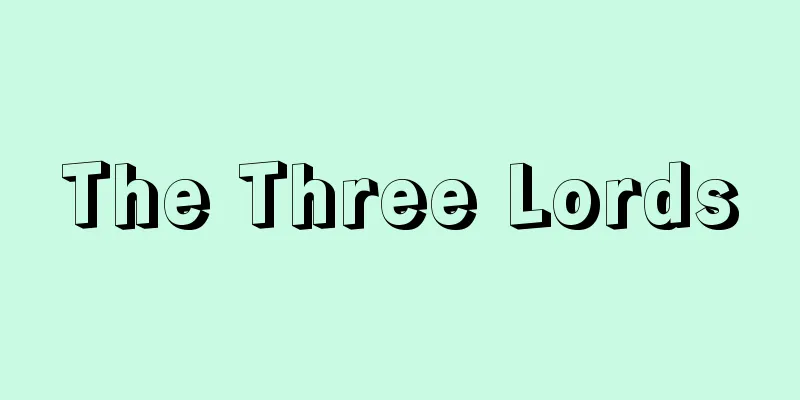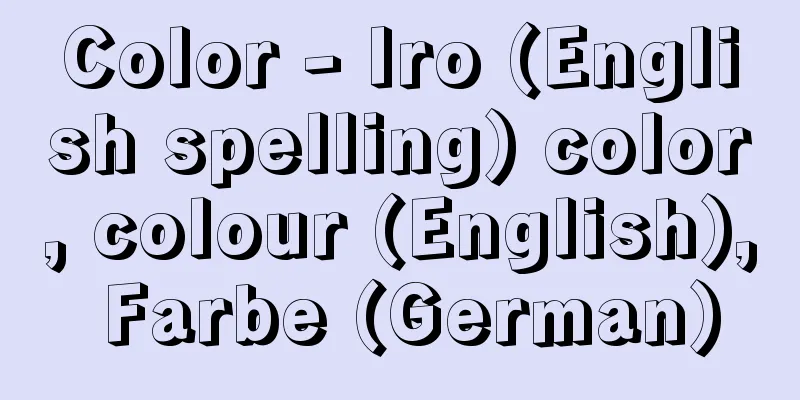dhawāt (English spelling) dhawat

|
… The first was the granting of wasteland. The state granted wasteland that existed around the cultivated land belonging to villages and that became arable with the development of year-round irrigation systems to the ruling classes (dhawāt class) of Turks and Circassians and nomadic chiefs, with the aim of encouraging their cultivation. The rights given to the recipients of such land grants were initially merely a privilege granted only to those who fulfilled their obligation to the state by cultivating wasteland, but in the process of the transition from the Islamic land law system to a modern land law system, these rights were replaced by private land ownership rights, and the recipients of the land then emerged as modern landowners. … From [Village] … *Some of the terminology explanations that mention "dhawāt" are listed below. Source | Heibonsha World Encyclopedia 2nd Edition | Information |
|
… 第1は,荒蕪地の授与である。国家は,村落所属耕地の周辺に存在し,通年灌漑体系の整備とともに可耕地となっていった荒蕪地を,開墾奨励という目的から,トルコ人,チェルケス人らの支配階層(ザワートdhawāt層),遊牧民首長らに,所有権上あるいは税制上の特典をつけて授与した。こうした土地授与によって被授与者に与えられた権利は,その当初にあっては,荒蕪地開墾という国家への義務履行を果たす限りにおいて認められた一つの特権にすぎなかったが,イスラム的土地法体系に代わる近代的土地法体系への移行の過程で,土地私有権へとすりかえられ,ここに,土地被授与者が近代的地主層として台頭してくる。… 【村】より… ※「dhawāt」について言及している用語解説の一部を掲載しています。 出典|株式会社平凡社世界大百科事典 第2版について | 情報 |
>>: dhātu (English spelling) dhatu
Recommend
Mozi
A person who lived from the late 5th century BC t...
Different jurisdiction - Cankatsuchigai
1. The court that hears the claim does not have ju...
Kuiper, Gerard Peter
Born: December 7, 1905, Halenkarspel, Netherlands ...
National Master - Kokushi
An honorific title for monks. It means the teache...
Phlegmatic
...Western words such as temperament, which means...
IC Star Catalog - IC Star Catalog
...The original text without the "New" ...
Steichen
Photographer and painter. Born in Luxembourg, he e...
Empress Teimei
Empress of Emperor Taisho. Mother of Emperor Show...
Cirsium yezoense (English spelling) Cirsium yezoense
…[Hiroshi Aramata]. … *Some of the terminology th...
Jean‐Marie Pardessus
1772‐1853 French legal scholar and practitioner. B...
Imajuku (Osaka) - Imajuku
...As the saying goes, "Leave Kyoto and stay...
Otto Art - Otto Bijutsu
German art of the early Middle Ages flourished ove...
Extrinsic blood coagulation
…When blood leaves a blood vessel, it loses its f...
Agnolotti - Agnolotti
…Handmade pasta can be divided into two types: ta...
Tukulor - Tukulor (English spelling)
An ethnic group living in the semi-arid Fouta Toro...









